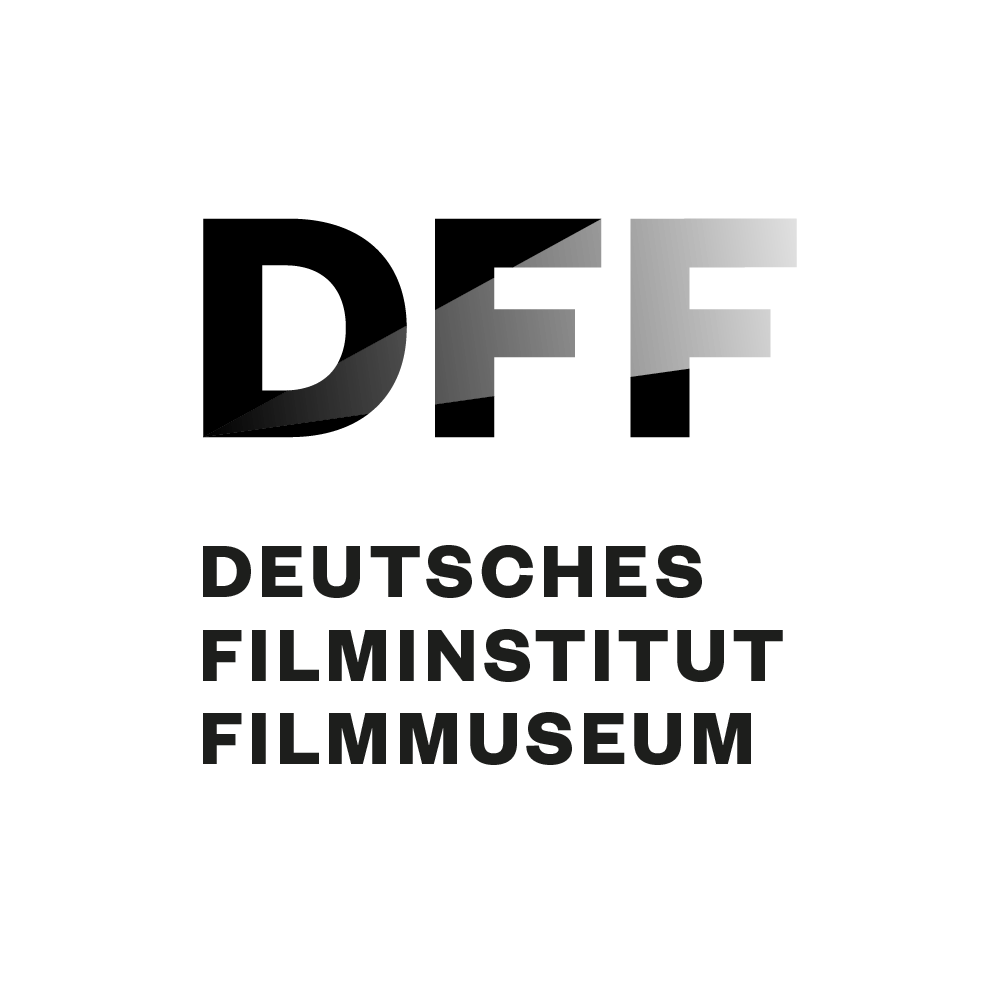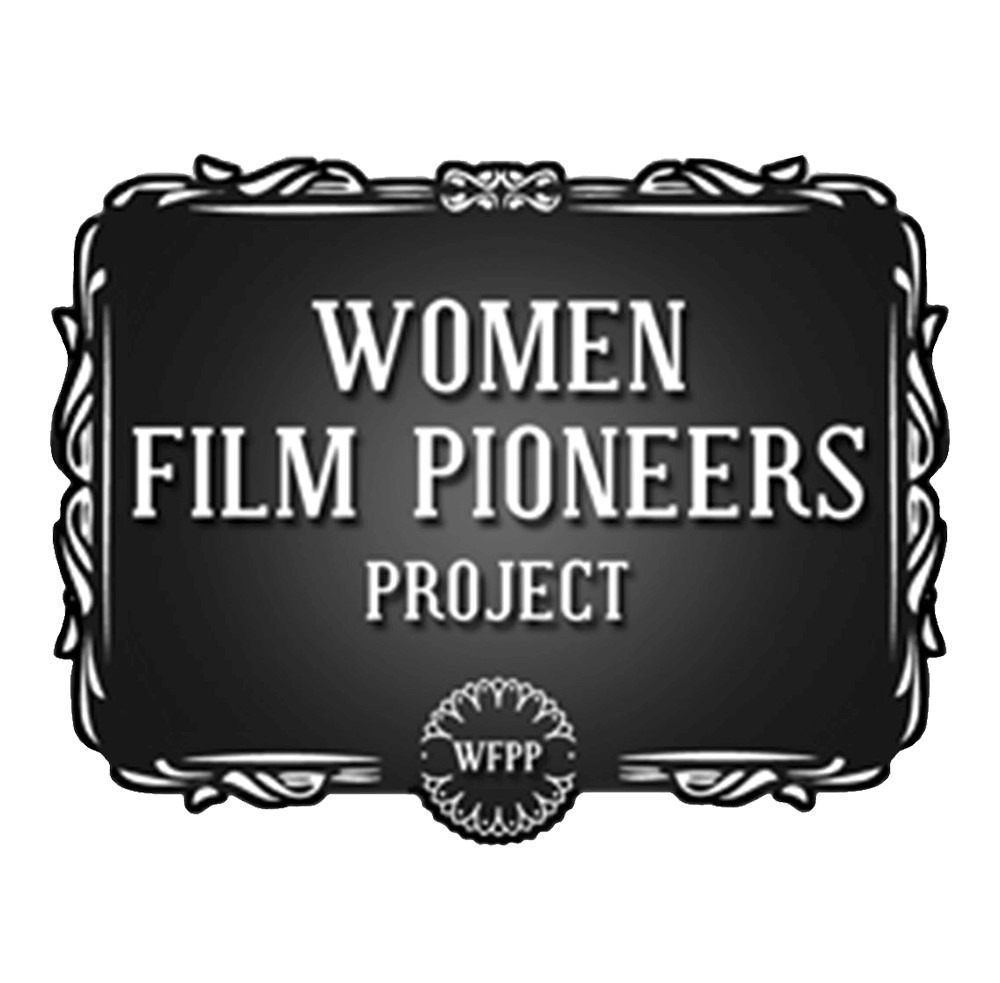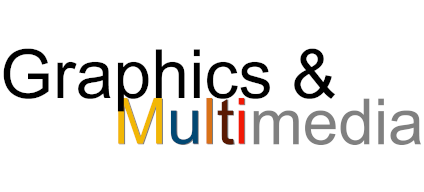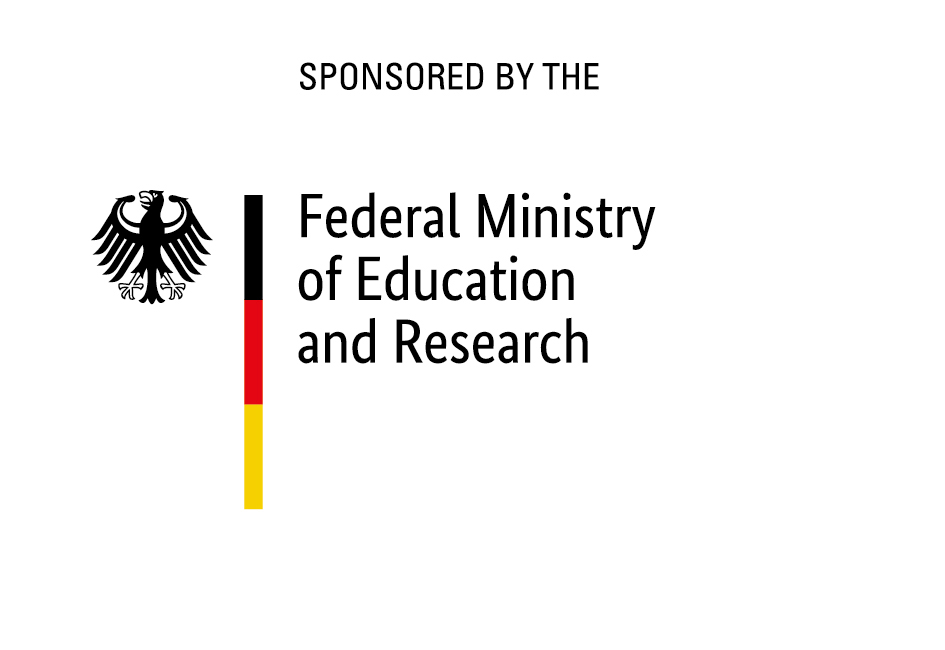International Closing Conference: Cultural Heritage Data & Power
"Cultural Heritage Data & Power. Exploring Digital Collections and Situated Knowledges in Film History and Beyond"
November 14-16, 2024 | Philipps-Universität Marburg, Germany
We are pleased to announce the call for papers for the closing conference of the BMBF research group “Aesthetics of Access. Visualizing Research Data on Women in Film History” (DAVIF) (2021-2025). The conference revolves around the theme of “Cultural Heritage Data & Power. Exploring Digital Collections and Situated Knowledges in Film History and Beyond”.
You can find the CfP as PDF here.
Timeline
Abstract submission deadline: April 30, 2024
Notification of paper/workshop acceptance: June 15, 2024
Conference: November 14–16, 2024
Deadline for publication submission: January 10, 2024
Scheduled publication date: Fall 2025
In recent years, the application of digital tools and methods is on a rise within the field of film and media studies, often relying on data provided by film heritage and other GLAM institutions. At the same time, these institutions seek ways to make their collections more accessible for researchers. In this process, ethical considerations regarding data provenance, archival silences and situated knowledges woven into cultural heritage data take on a new urgency. While digital humanists have increasingly investigated power structures inscribed in cultural heritage data, the political, theoretical, and technological underpinnings of film historical collections need further explorations. For example, how do categorization processes underlying information technologies affect our understanding of film history? What impact do they have on different social groups and especially on marginalized communities? How should we deal with the inclusion of certain data and the exclusion of others? How can we identify and represent gaps and blind spots in cultural heritage collections when reflecting history?
Bringing together researchers, scholars and practitioners, the conference seeks to stimulate a critical debate about the creation, processing and archiving of film historical data and other cultural heritage data. The goal of the conference is to examine how critical perspectives on historical research data can be combined with new ways of applying and exploring digital tools and methods in film and media studies and beyond. Based on DAVIF’s research on data visualizations and women in film history, the conference focuses on the intersections of feminist (film) historiography, critical data studies, data feminism, archival and curatorial practices, computational approaches, AI applications, and information infrastructures.
We invite film and media scholars, film historians, film archivists and digital humanists from various fields to reflect on and challenge power structures of data collections and practices. In particular, we welcome feminist perspectives that seek not only to tell different stories, but also to tell them differently.
Participants are encouraged to consider a wide range of subjects for their proposals. These may include but are not limited to:
● Datafication of film and media studies and beyond
● Feminist film historiography including speculative approaches
● Archival silences, biases and gaps in cultural heritage collections
● Power-critical analysis of the creation, processing and archiving of film historical data and other cultural heritage data
● Data provenance in film heritage institutions and other GLAM institutions
● Critical, feminist, queer, postcolonial approaches to data visualizations
● Analysis of information infrastructures and authority data (e.g. Wikidata, GND, LoC, VIAF)
Submissions
We welcome two types of proposals: 1) papers and 2) workshops. But we can also try to facilitate other formats. Please submit your proposal (title, abstract of max. 300 words and a short biographical note of max. 150 words, 5 keywords, and 3 references) by April 30, 2024 via davif.researchgroup[at]gmail.com. Presentations will be allowed 20 minutes + 10 minutes of discussion. For workshop proposals please indicate the number of participants.
Abstracts will be selected by June 15, 2024.
Publication
An open access publication is planned for fall 2025, which will be open to all interested speakers.
Conference
The event is the closing conference of the BMBF research group “Aesthetics of Access. Visualizing Research Data on Women in Film History” (DAVIF) (2021-2025). It will take place at Philipps-Universität Marburg, Germany, from November 14–16, 2024. The conference will be held in English.
For speakers who do not have their own means of travel, travel and accommodation costs may be covered on application. Please contact us regarding further arrangements.
Contact
The conference is organized by Dr. Sarah-Mai Dang, Pauline Junginger and Anne Hart (DAVIF Research Group).
If you have any questions, please contact us via davif.researchgroup[at]gmail.com.



